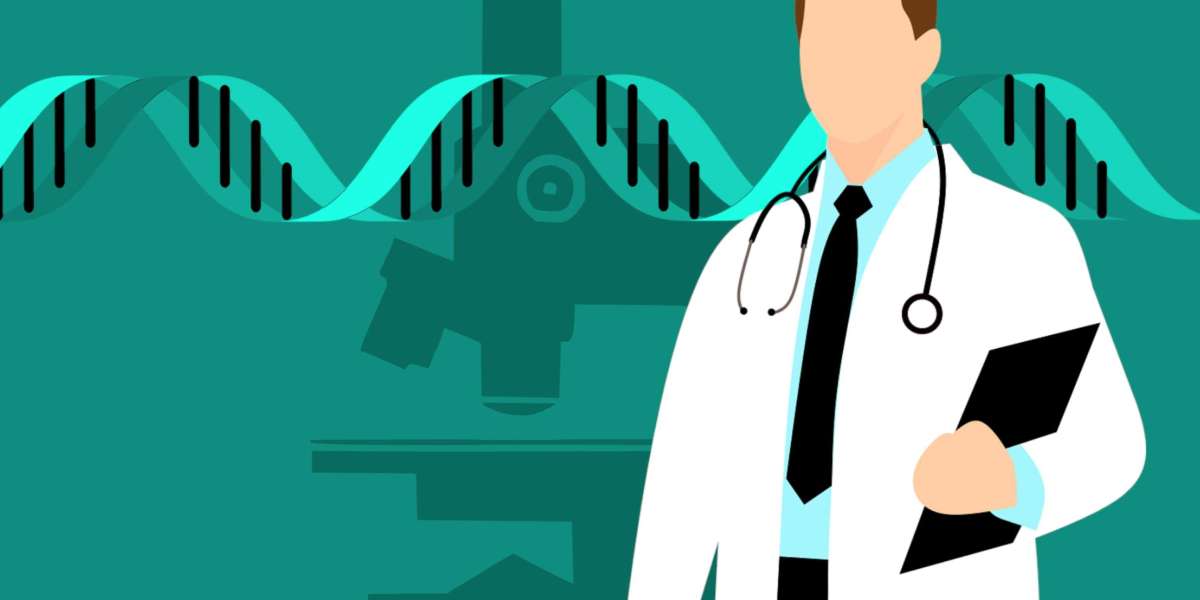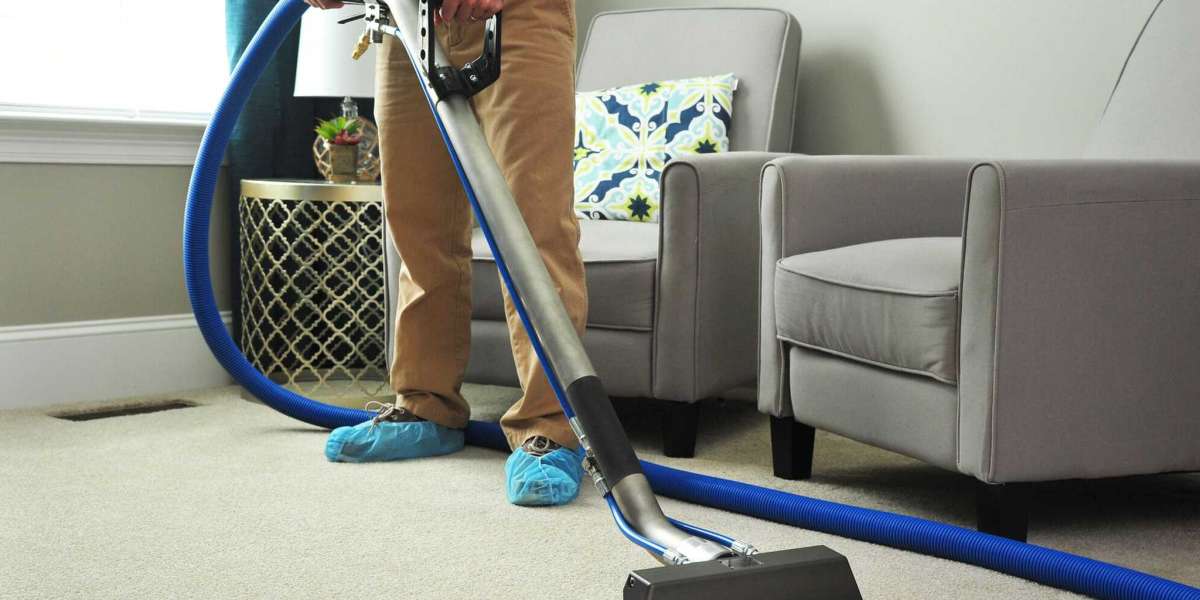In this article, we’ll break down the different types of depression treatments, how to find support, and what to expect on the path to recovery.
What Is Depression?
Depression, or major depressive disorder, is characterized by persistent sadness, hopelessness, fatigue, changes in appetite or sleep, and a lack of interest in daily life. It can be triggered by trauma, genetics, stress, or no clear cause at all Depression Treatment.
But one thing is certain: depression is not a sign of weakness, and help is available.
Types of Depression Treatment
Effective treatment often involves a combination of approaches tailored to the individual. Here are the most common and proven methods:
1. Psychotherapy (Talk Therapy)
Also known as counseling, psychotherapy helps individuals process emotions, identify negative thinking patterns, and build coping skills.
Cognitive Behavioral Therapy (CBT) – Helps reshape negative thoughts and behaviors
Interpersonal Therapy (IPT) – Focuses on relationships and life transitions
Psychodynamic Therapy – Explores unconscious patterns rooted in the past
Therapy can be done individually, in groups, or with family, depending on needs.
2. Medication
Antidepressants can help regulate mood by adjusting brain chemistry. Common types include:
SSRIs (e.g., Prozac, Zoloft)
SNRIs (e.g., Cymbalta, Effexor)
Atypical antidepressants (e.g., Wellbutrin, Remeron)
It may take a few weeks to feel results, and working closely with a psychiatrist ensures the right medication and dosage.
3. Lifestyle Changes
Small daily changes can have a significant impact when combined with other treatments:
Regular exercise (even walking boosts mood-regulating chemicals)
A balanced diet
Adequate sleep
Limiting alcohol and caffeine
Practicing mindfulness or meditation
These aren’t cures on their own, but they support the healing process.
4. Alternative and Holistic Therapies
Many people find relief in additional or complementary treatments, such as:
Acupuncture
Art or music therapy
Yoga and breathwork
Herbal supplements (consult a doctor before using)
5. Advanced Treatments
For treatment-resistant depression, doctors may recommend:
TMS (Transcranial Magnetic Stimulation) – A non-invasive procedure that stimulates parts of the brain
ECT (Electroconvulsive Therapy) – Used in severe cases when other treatments have failed
Ketamine Therapy – A fast-acting treatment being explored in clinical settings
Getting Help: Where to Start
If you're unsure where to begin:
Talk to your primary care doctor for a referral
Reach out to a licensed therapist or counselor
Contact a local mental health clinic or community center
Use directories like Psychology Today or TherapyDen to find a provider
In crisis, text or call a mental health hotline—help is always available
Final Thoughts
Depression can feel isolating, but it is treatable—and recovery is possible. The key is finding the right combination of support that works for you. Everyone’s journey is different, but you don’t have to take the first step alone.








